PD 4 Paras Case Story: How a Unique Online Course Empowered a Whole District’s Paraprofessionals
April 4, 2023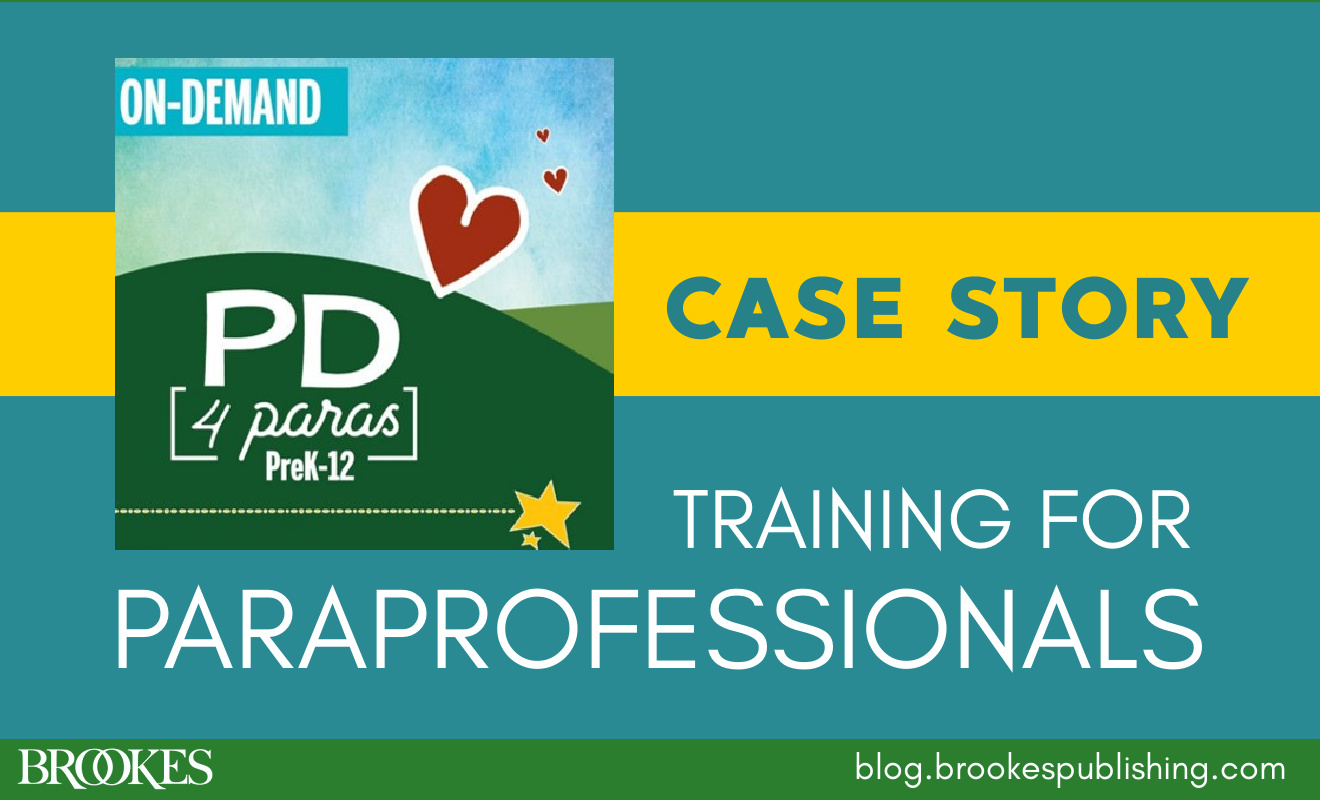
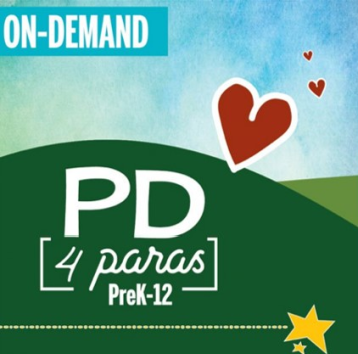 An estimated 105,000 Education Paraprofessionals are employed in the U.S. right now, according to the Zippia careers website. Paraprofessionals are an essential support for students and a key success factor for inclusive classrooms—but until now, there hasn’t really been an in-depth training geared specifically toward their needs. In today’s post, we’ll take a look at the unique PD 4 Paras virtual training course, through the eyes of a special ed director who successfully used it with the paraprofessionals in her district.
An estimated 105,000 Education Paraprofessionals are employed in the U.S. right now, according to the Zippia careers website. Paraprofessionals are an essential support for students and a key success factor for inclusive classrooms—but until now, there hasn’t really been an in-depth training geared specifically toward their needs. In today’s post, we’ll take a look at the unique PD 4 Paras virtual training course, through the eyes of a special ed director who successfully used it with the paraprofessionals in her district.
A Perfect Match
Jaylee Swanson is Director of Special Education for East Moline School District 37 in Illinois. She is on her third year in the role. “The first year was getting a baseline to see where we were at; the second year was pushing our school forward and identifying more inclusive opportunities,” she says. “We saw that our students with autism and students with emotional disabilities were being more segregated, so we wanted to come up with ways to provide more inclusive schooling.”
Swanson wanted to seek out educational opportunities that were specific to paras, and soon found the PD 4 Paras online course. “I literally Googled ‘inclusive schooling PD’ and found Julie’s website. We fell in love with the presentation,” she says. “The services they were offering felt like a perfect match for what we were trying to do.”
Offered by Inclusive Schooling and presented by highly regarded inclusion advocates Julie Causton, Ph.D., and Kristie Pretti-Frontczak, Ph.D., this course aims to demystify four critical topics: labels, independence, IEPs, and emotional/behavioral needs. In 4.5 hours of professional development instruction over four parts, the course includes video-based training, tips and handouts, downloads, and a certificate of completion. Attendees can refer back to recordings and resources anytime with ongoing web-based access, and they can join a private social media group to connect and problem-solve with paraprofessionals and educators worldwide.
SD 37 loves its paraprofessionals, and Swanson wanted to make sure they felt recognized. Purchasing the PD 4 Paras course was part of that plan. “Our special education teachers are sometimes behind the scenes creating accommodations and modifications for kids, but our paras are consistent for students and we really wanted and needed to build them up and have them feel prepared to support students in a more inclusive way. We knew we’d be asking our paraprofessionals to shift a bit from that providing that support mainly in a special education setting to providing it in a general education setting, so we knew we had to get them that content.”
Swanson says the timing was perfect when she encountered the PD 4 Paras series. “At the time that I first connected with Julie and Kristie, they were just about to start the course, so as soon as I was ready to get content we were able to sign up,” she recalls. “That year we did two whole-district PD events. It was in pandemic timing so there was some flexibility—some days were planning days or remote, so there was additional PD time that year.” SD 37 also purchased the book that complemented the course, The Paraprofessional’s Handbook for Effective Support in Inclusive Classrooms.

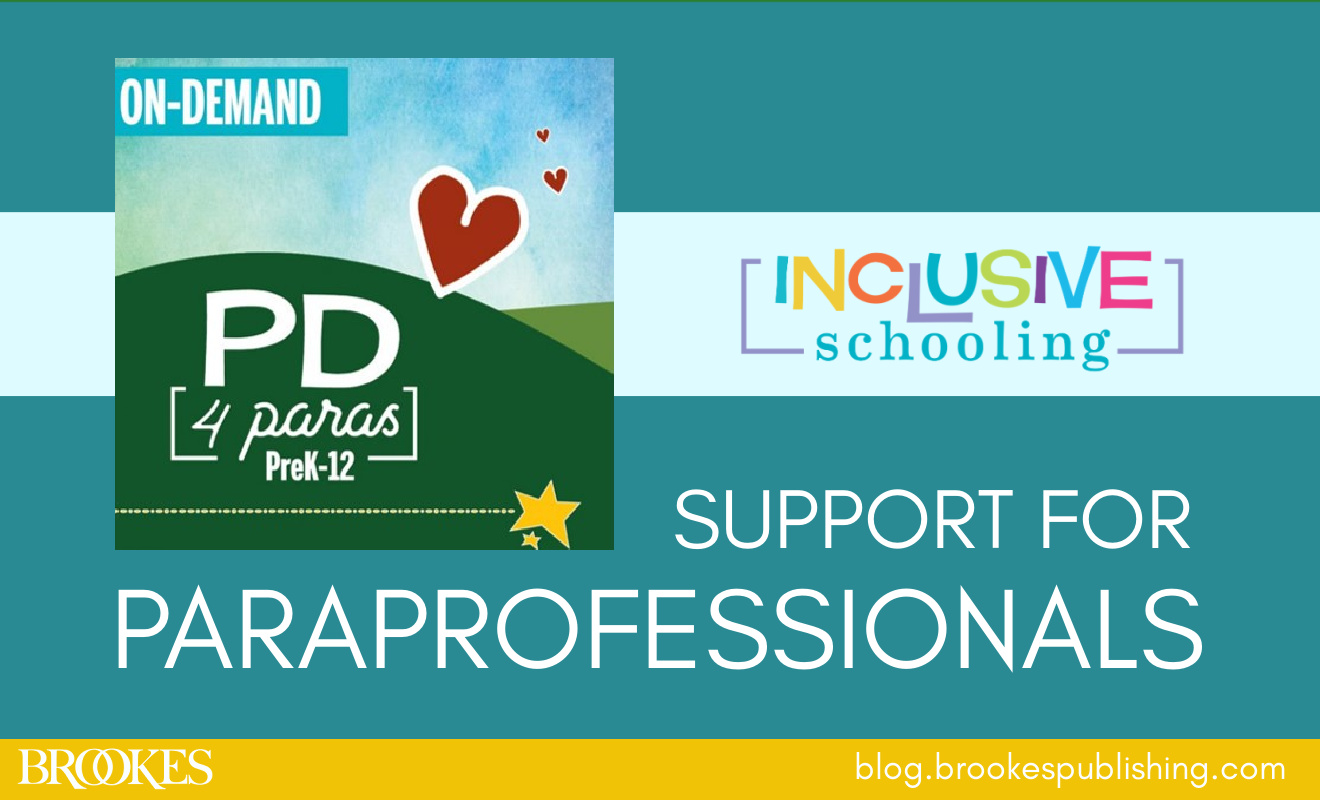
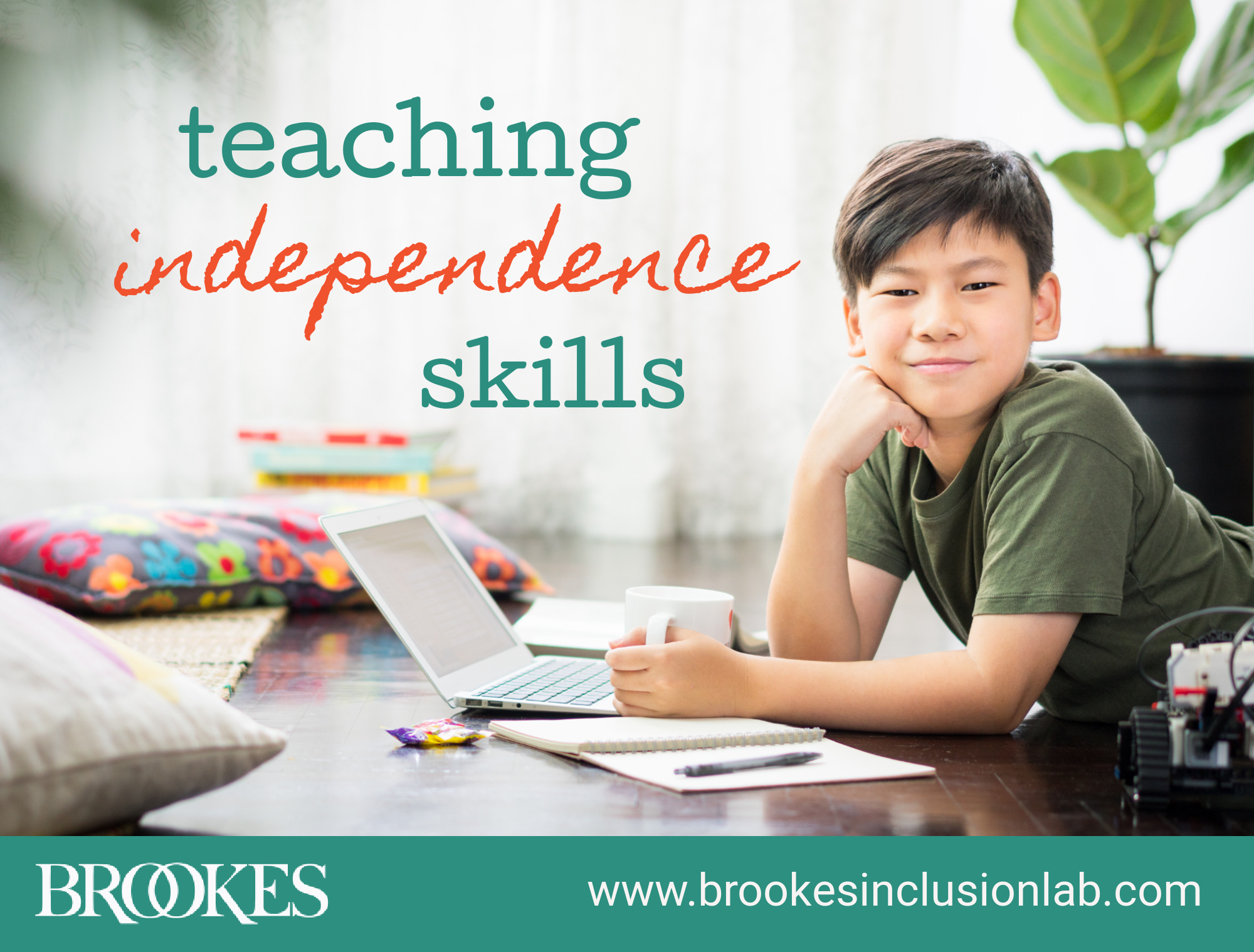
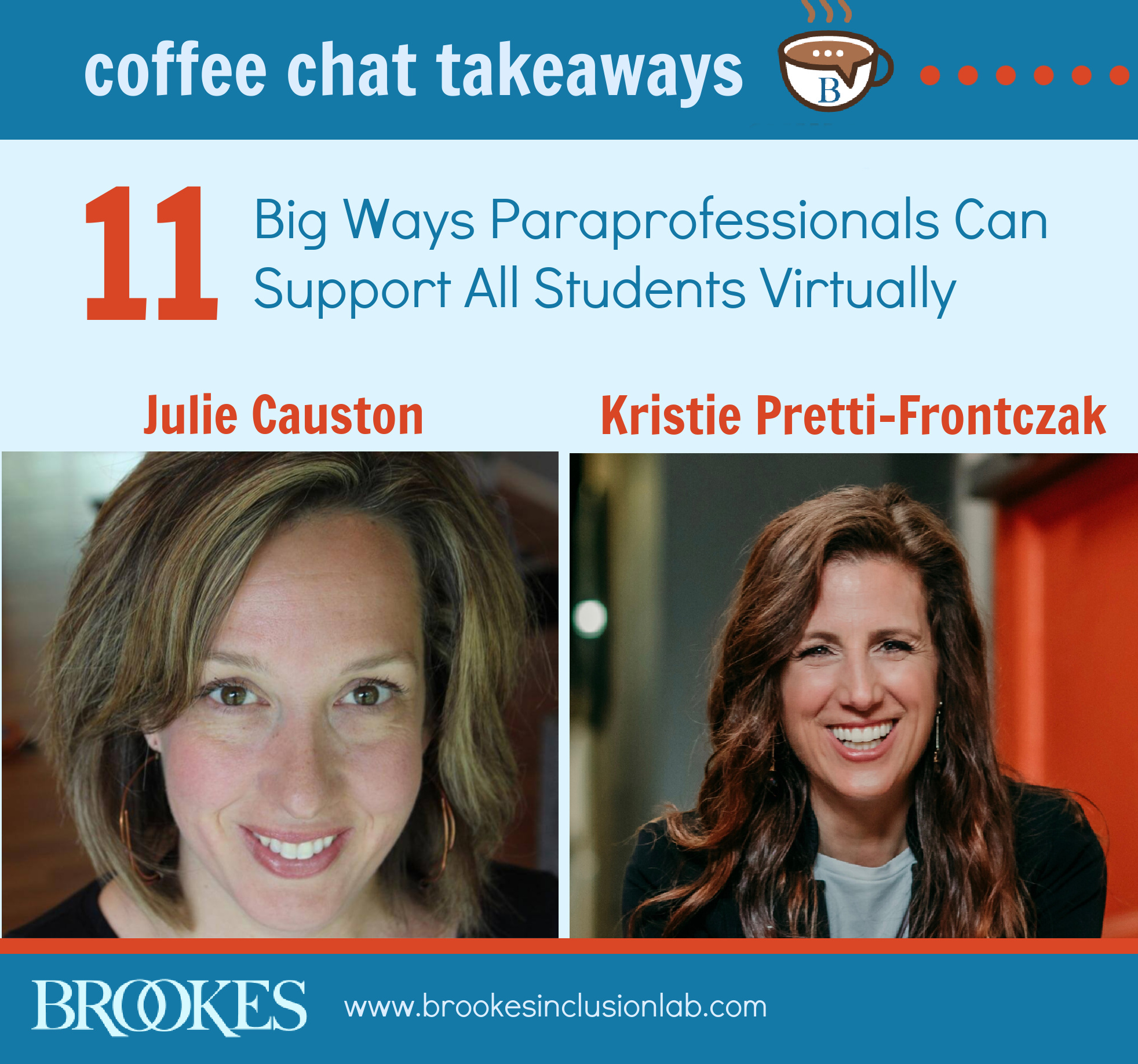
Write a Comment
Your email address will not be published. Required fields are marked *
Post a Comment